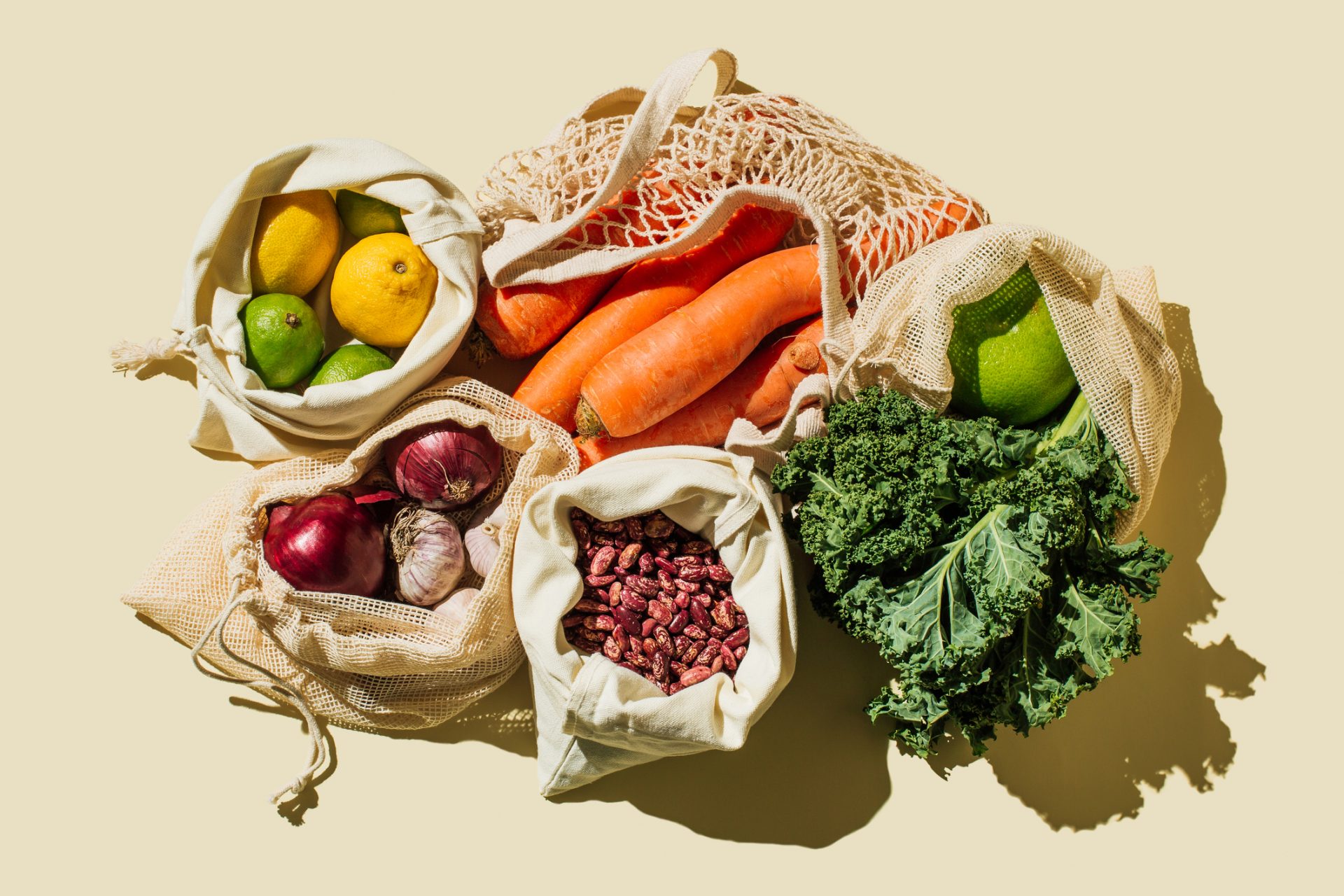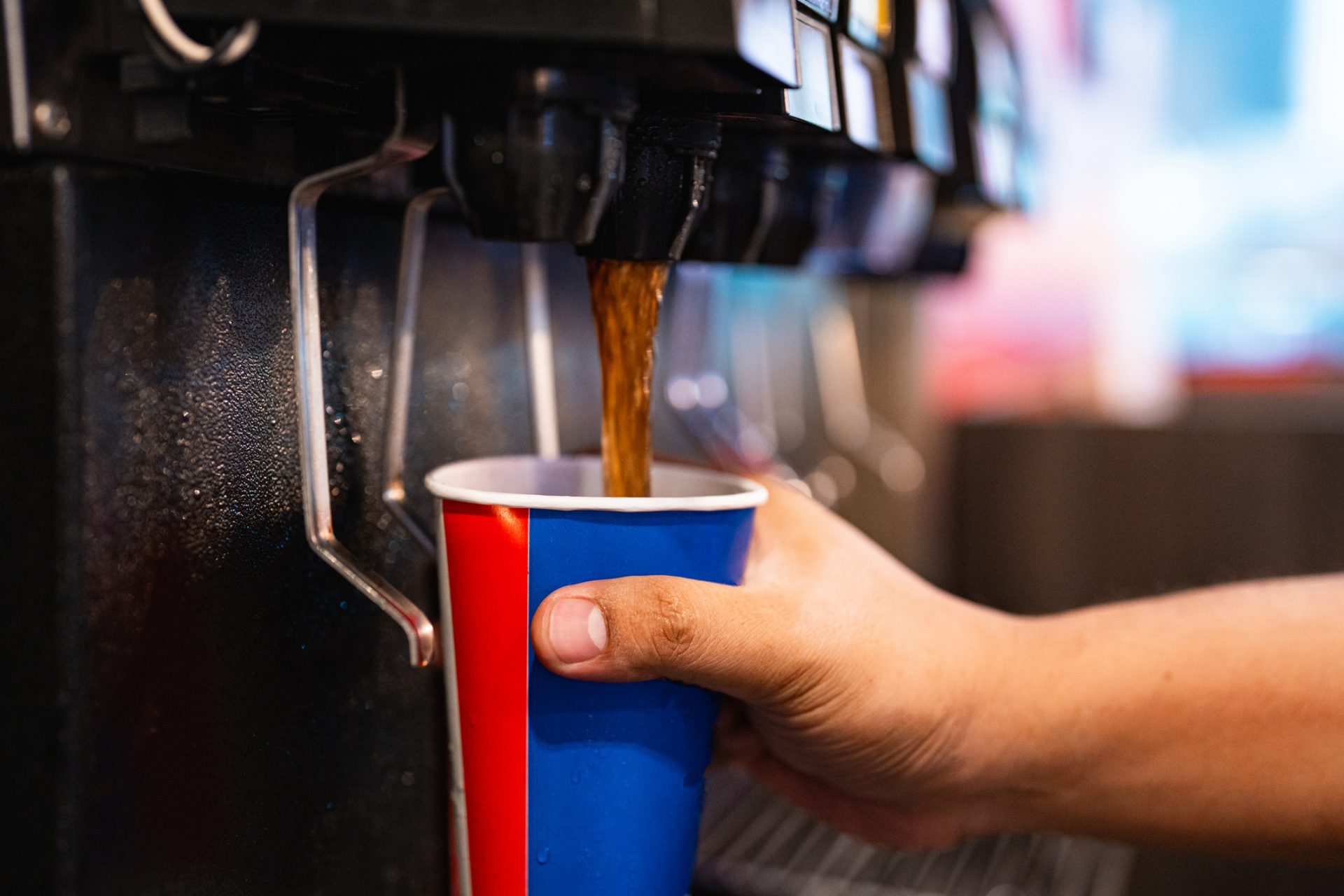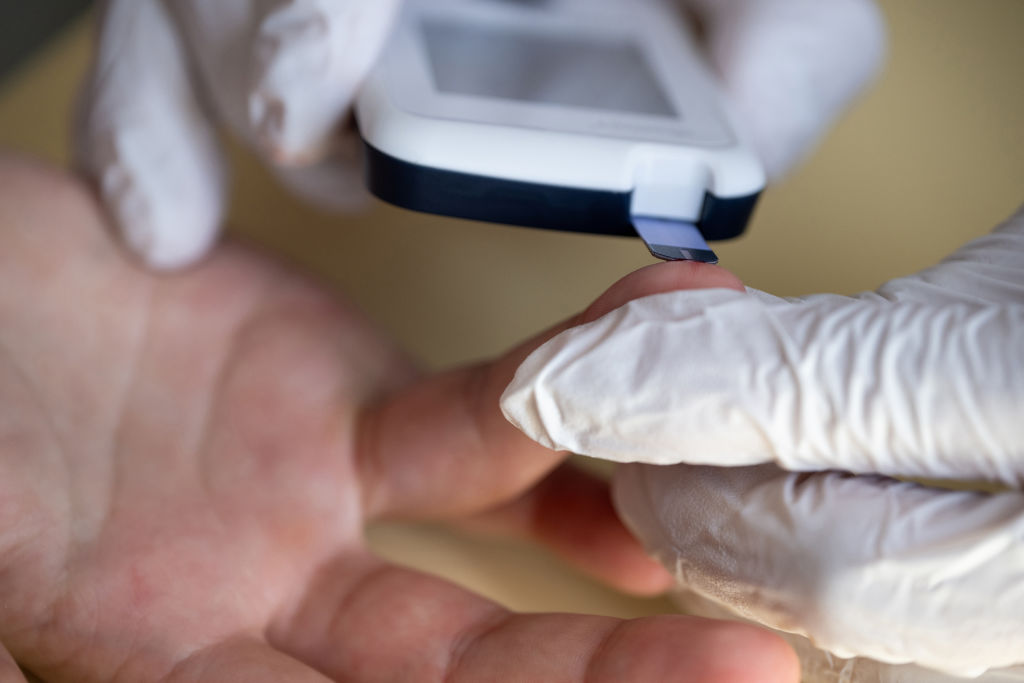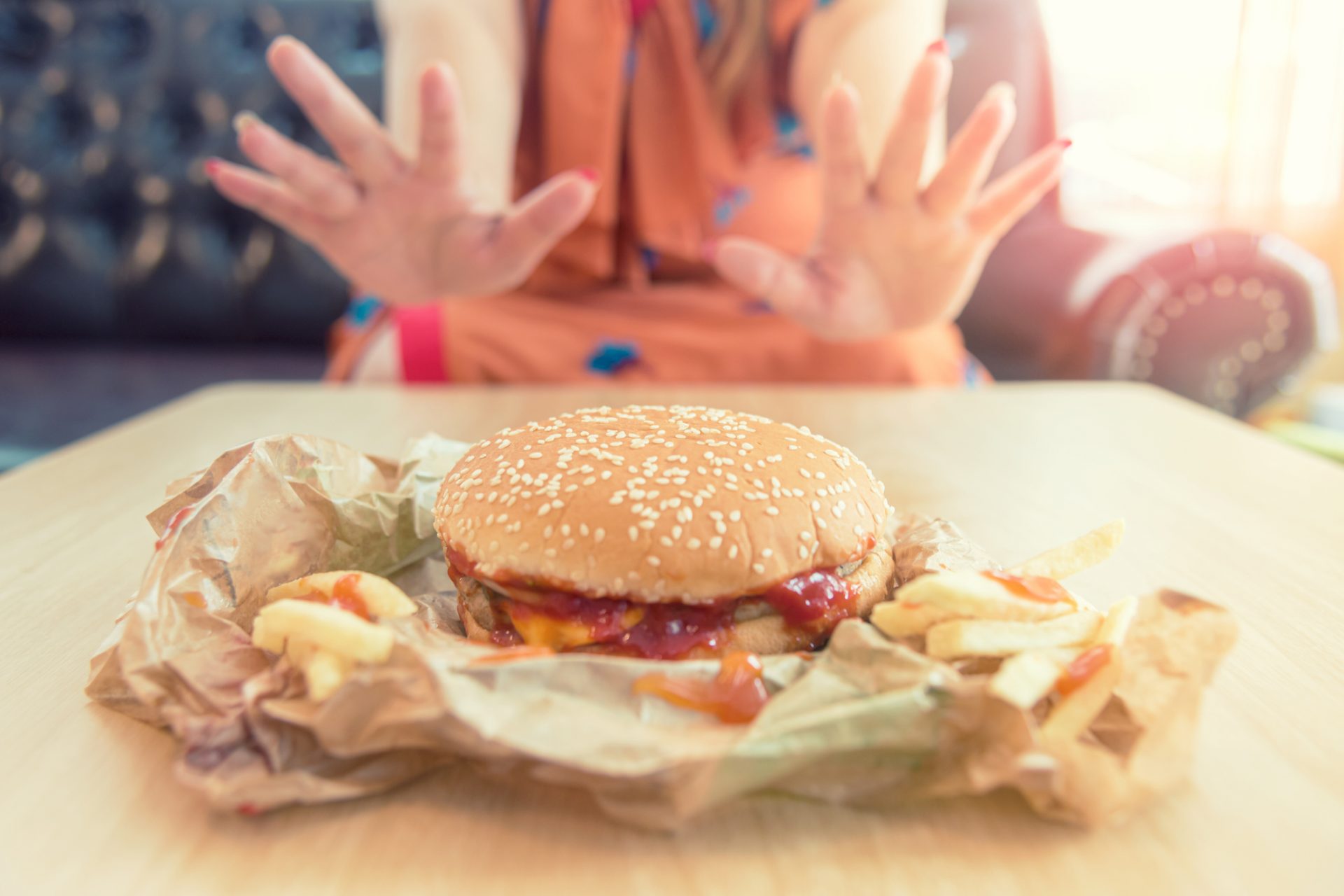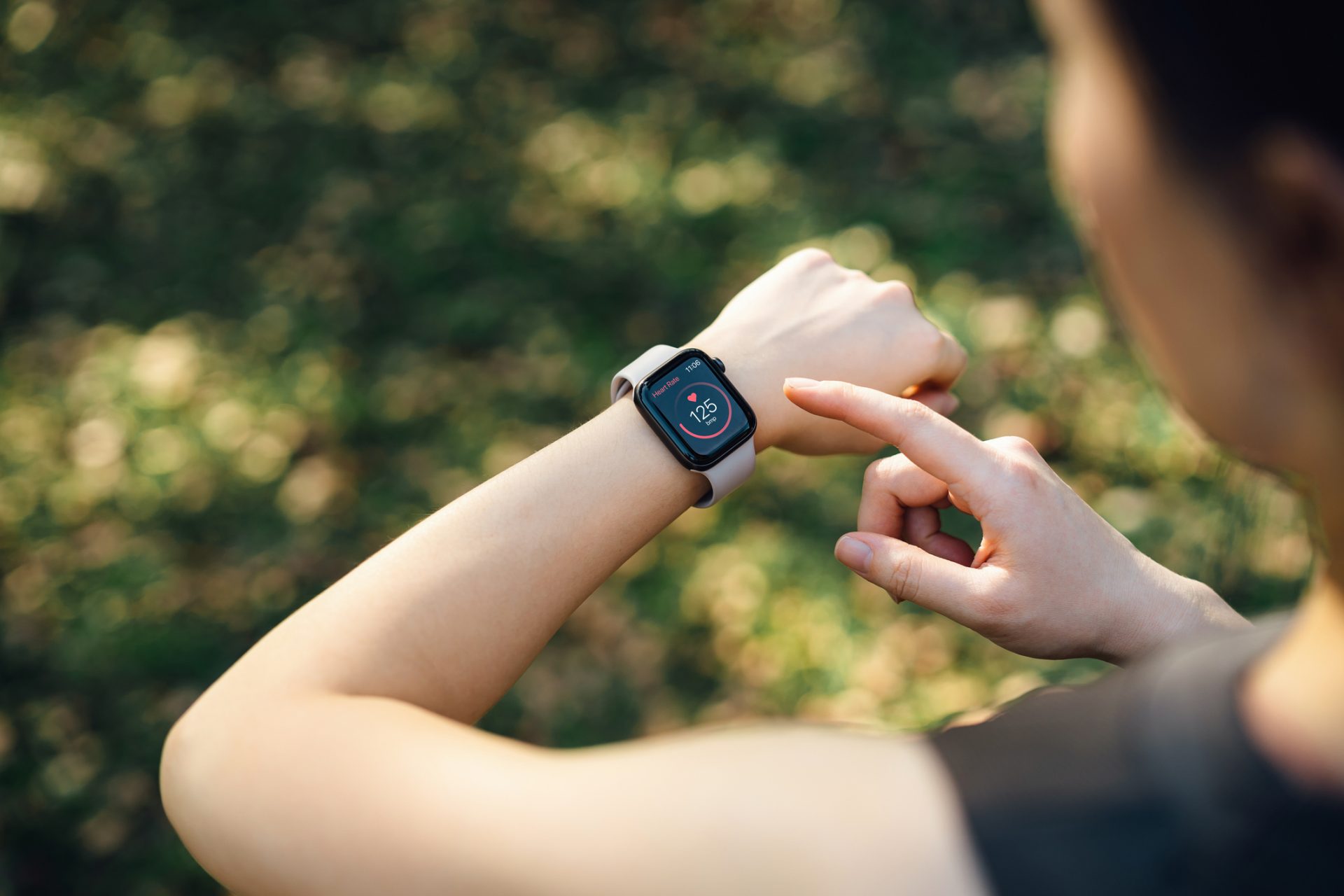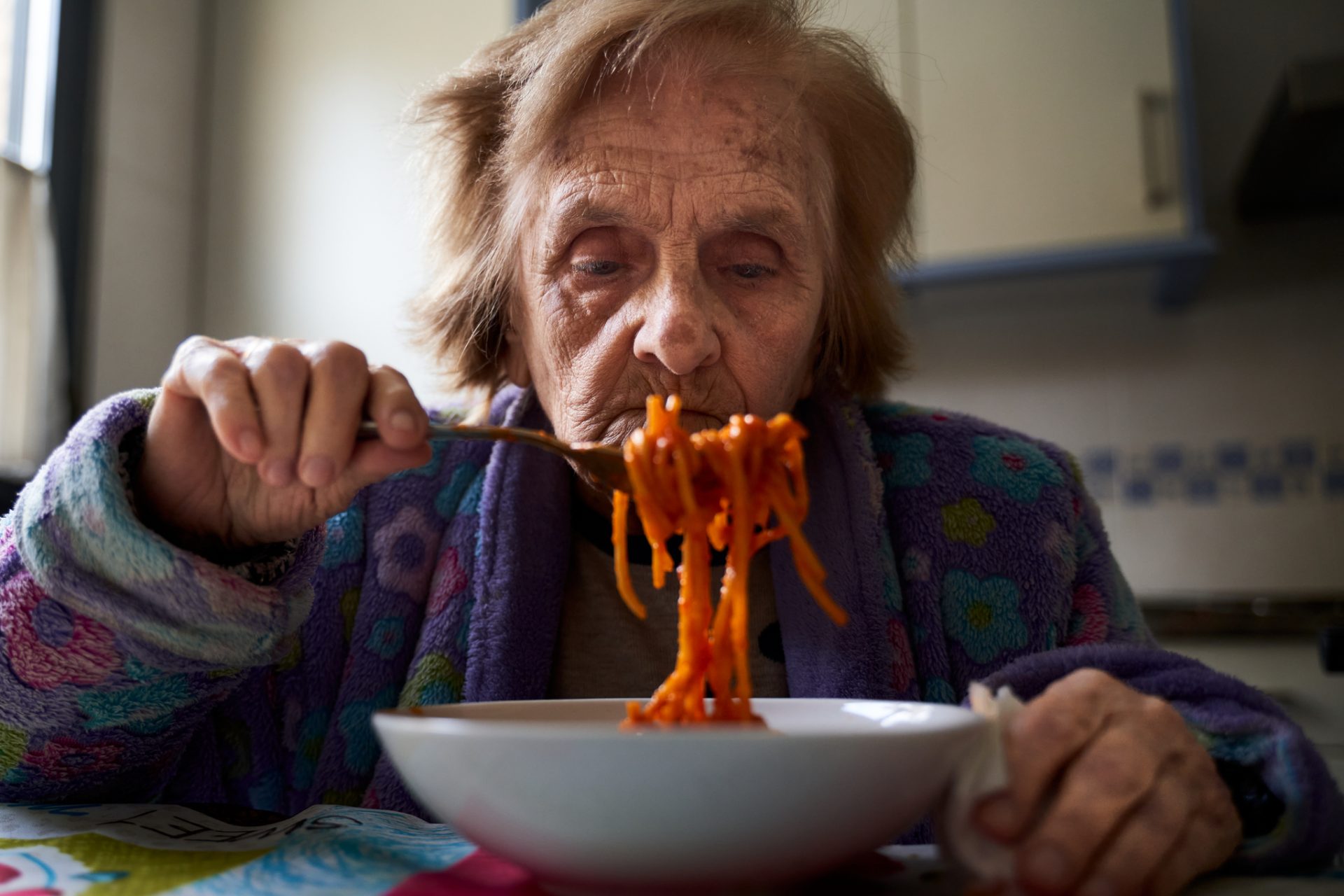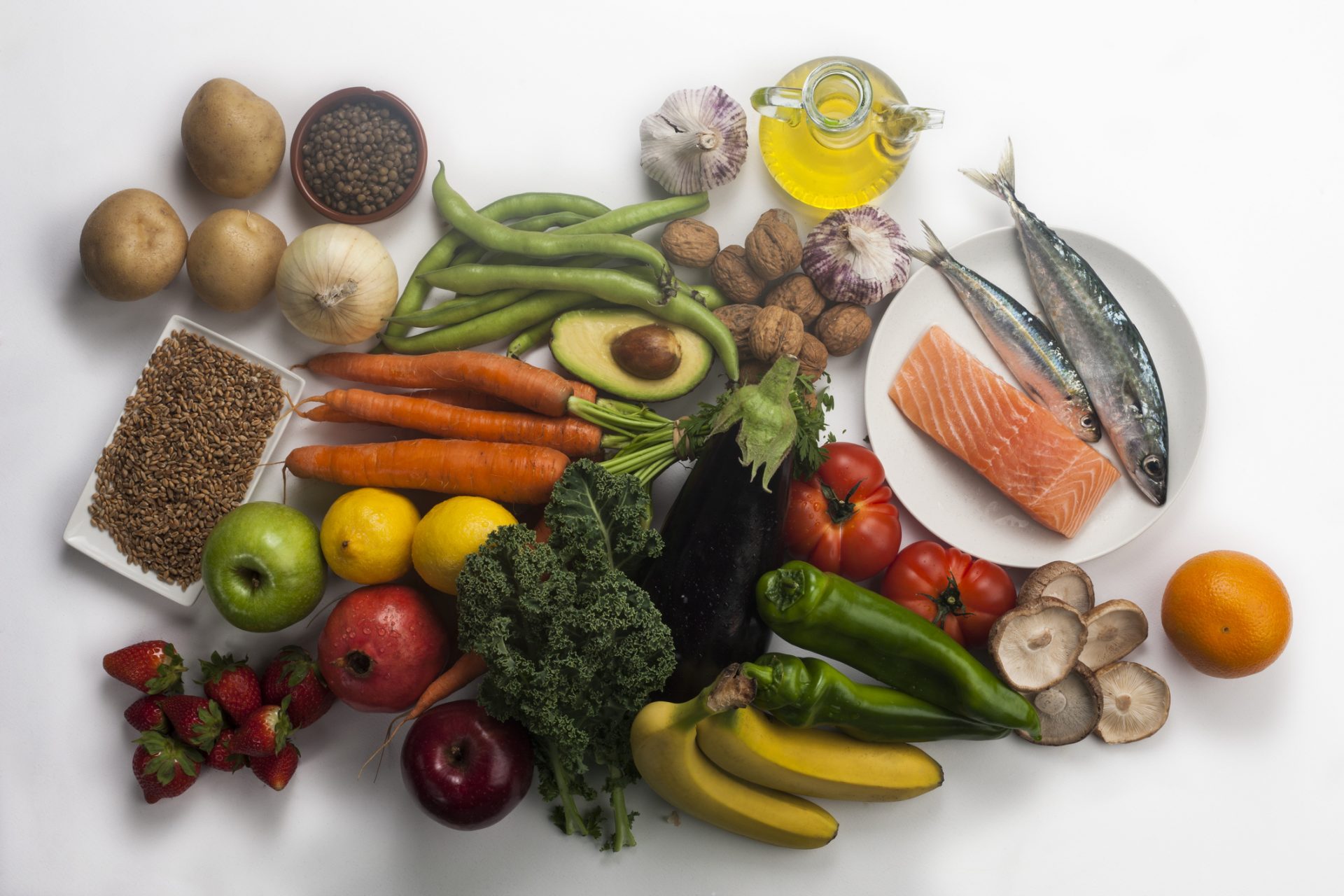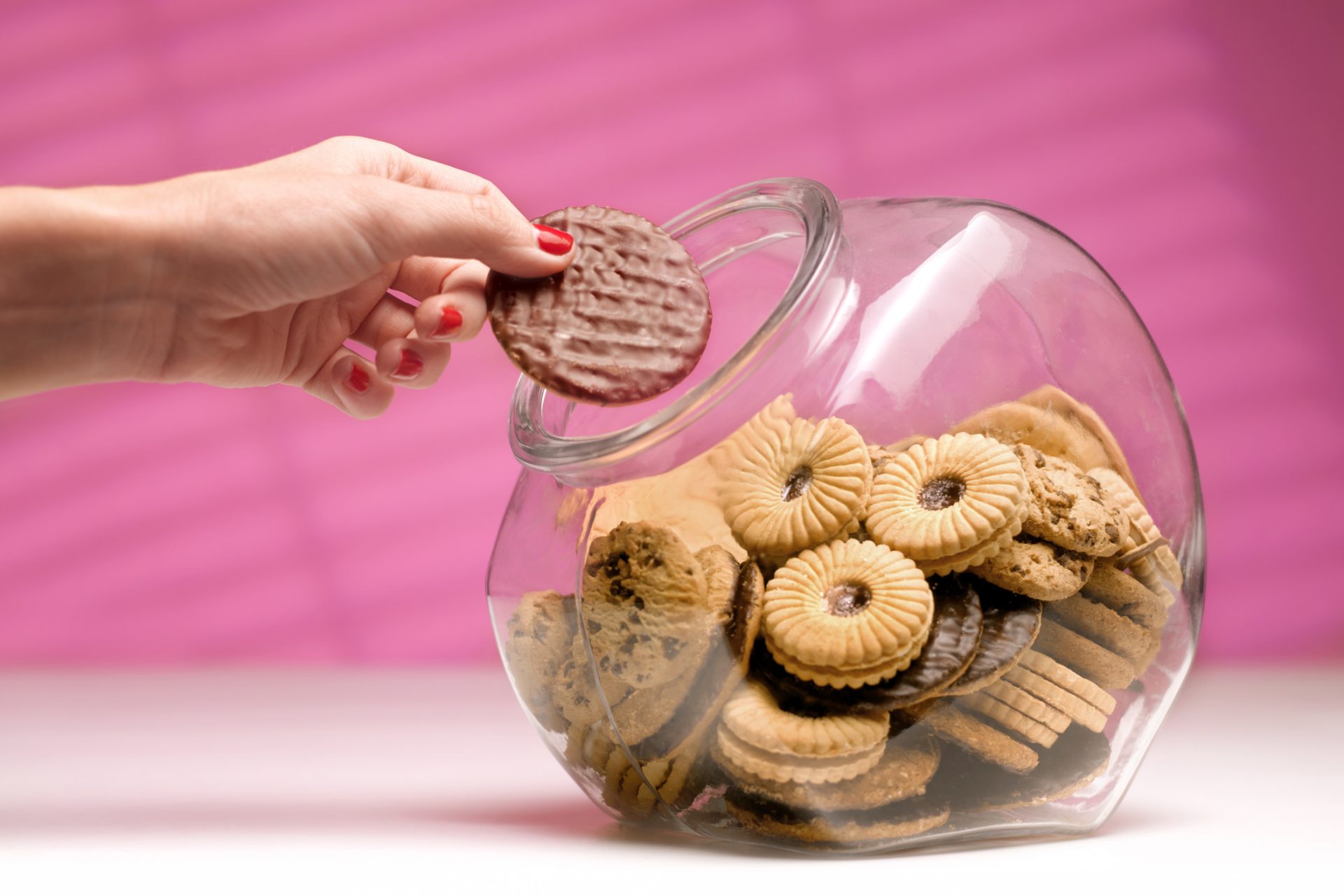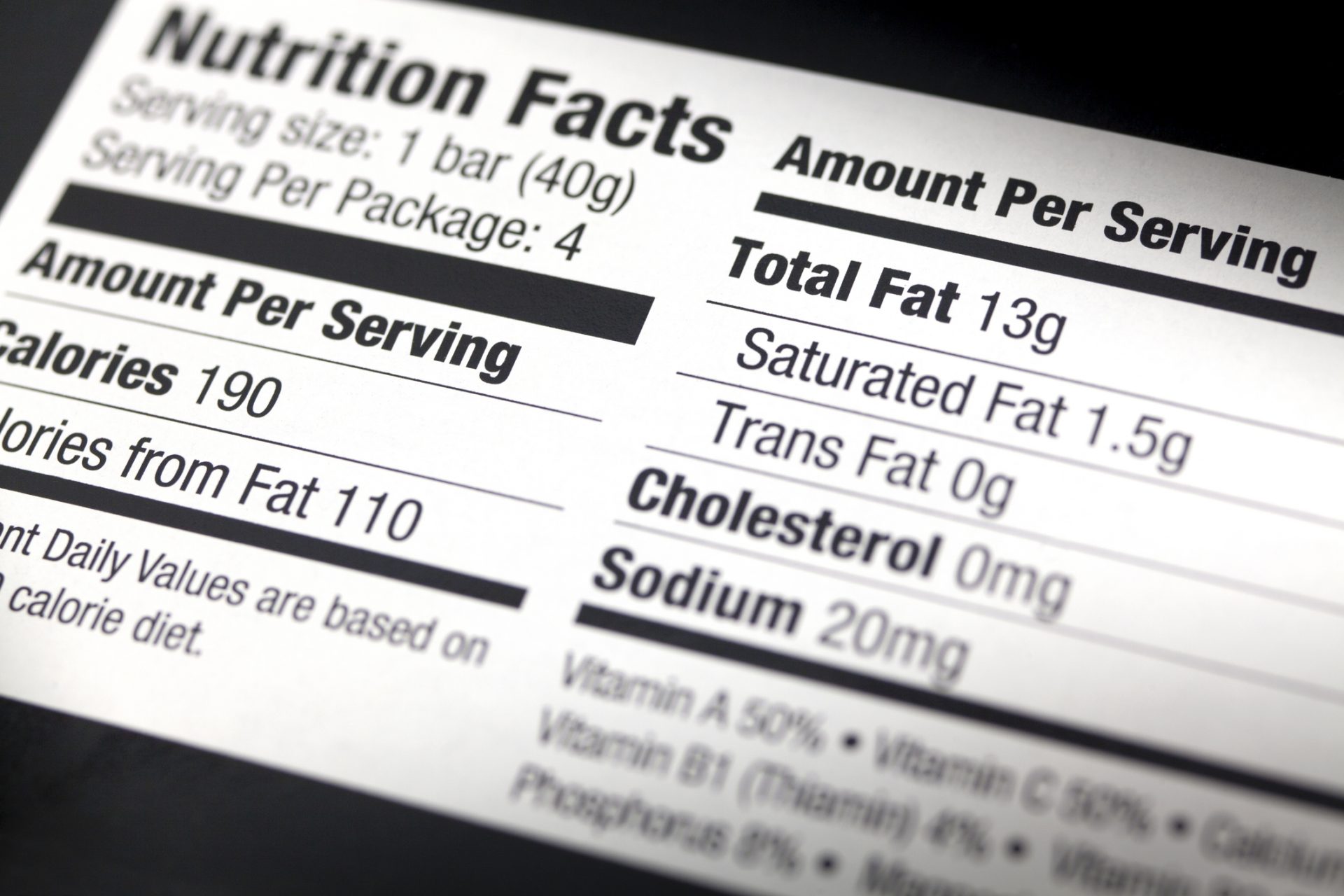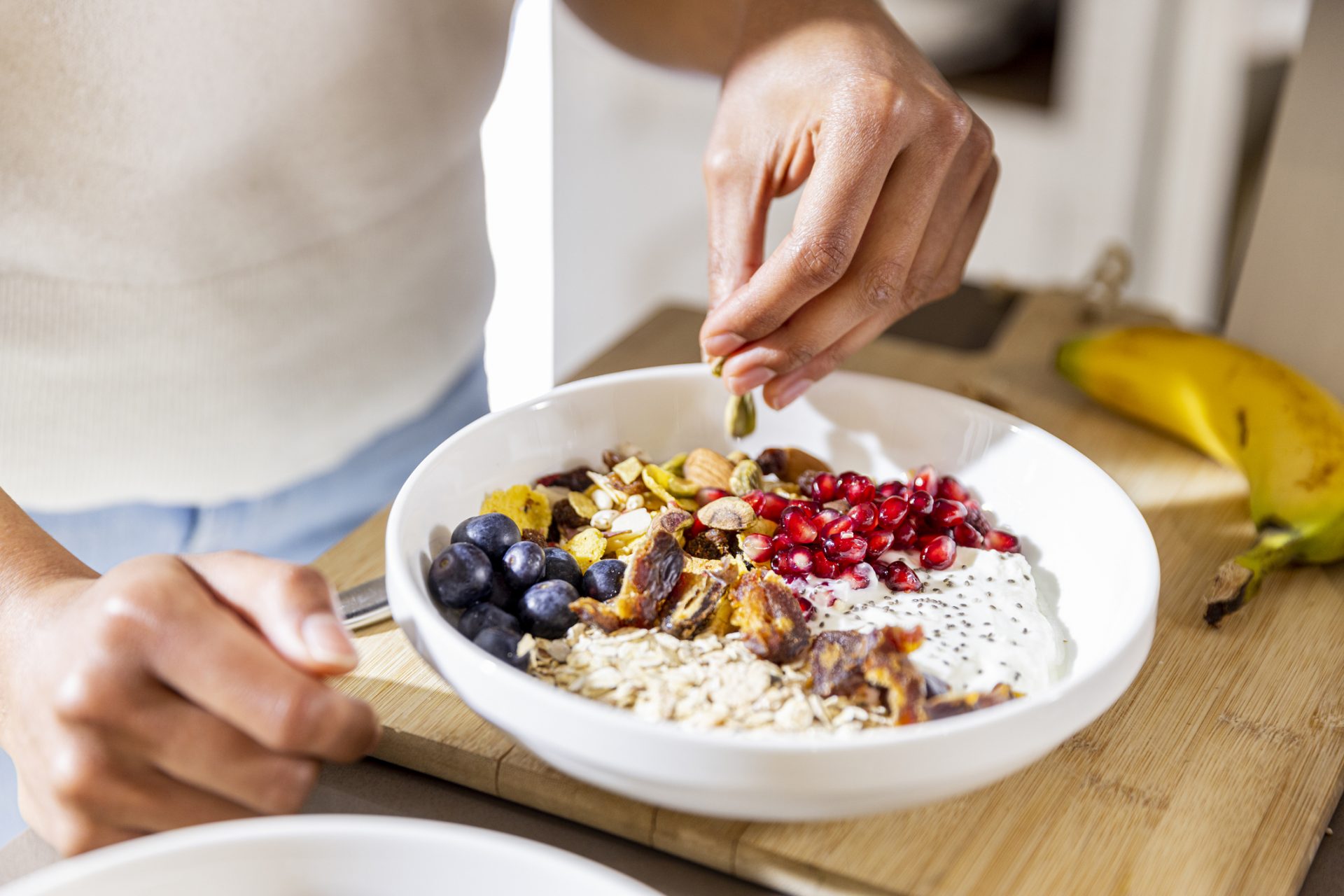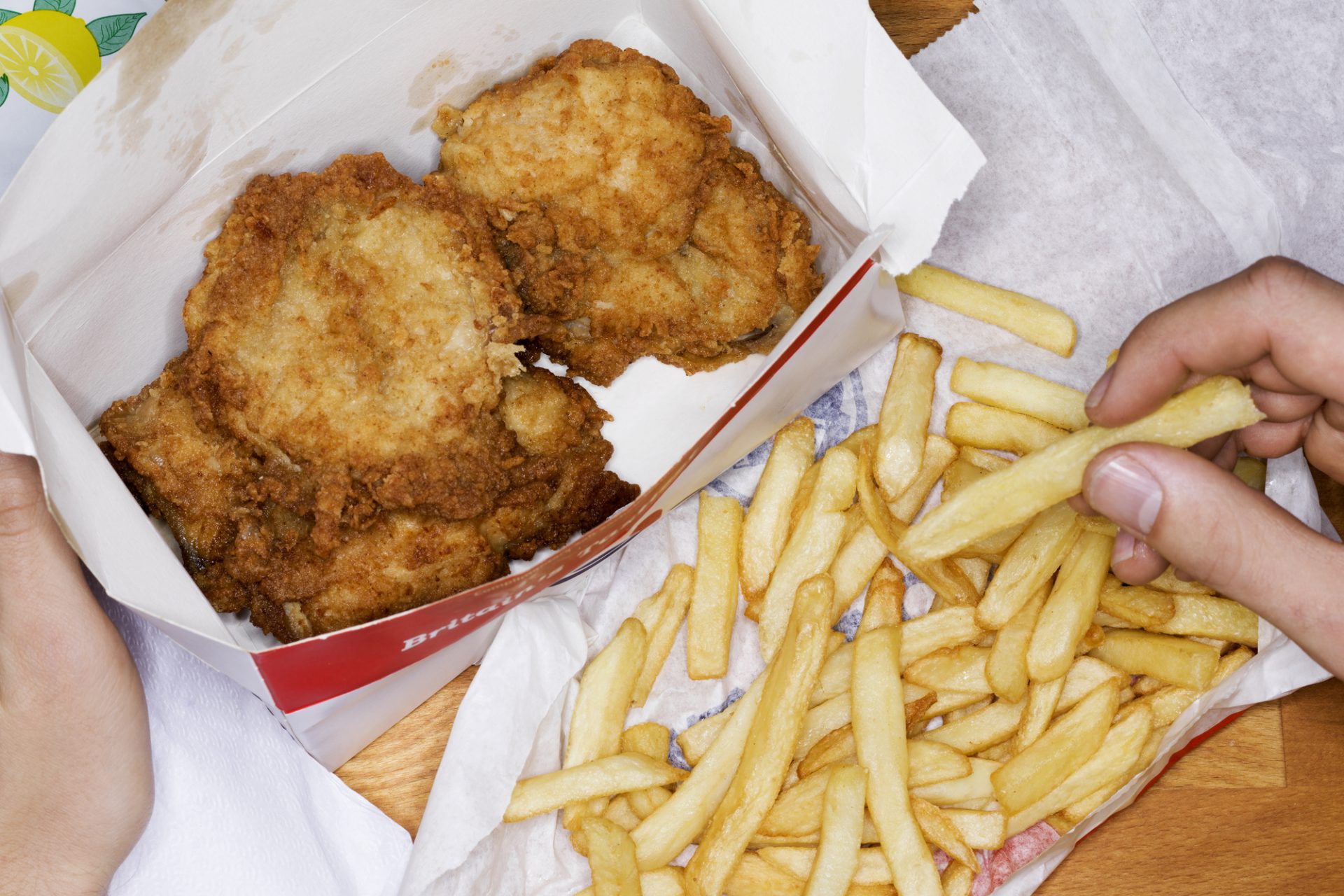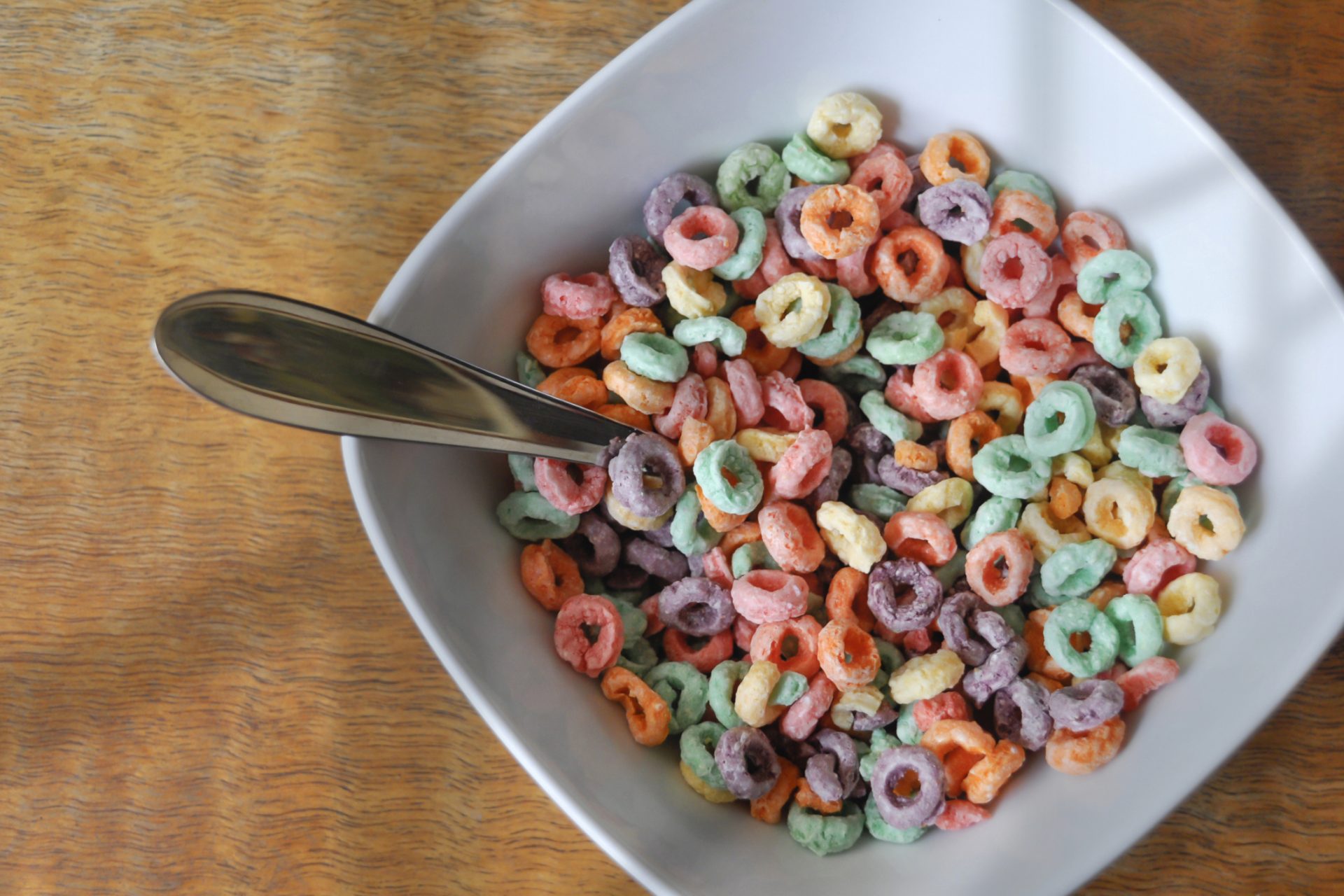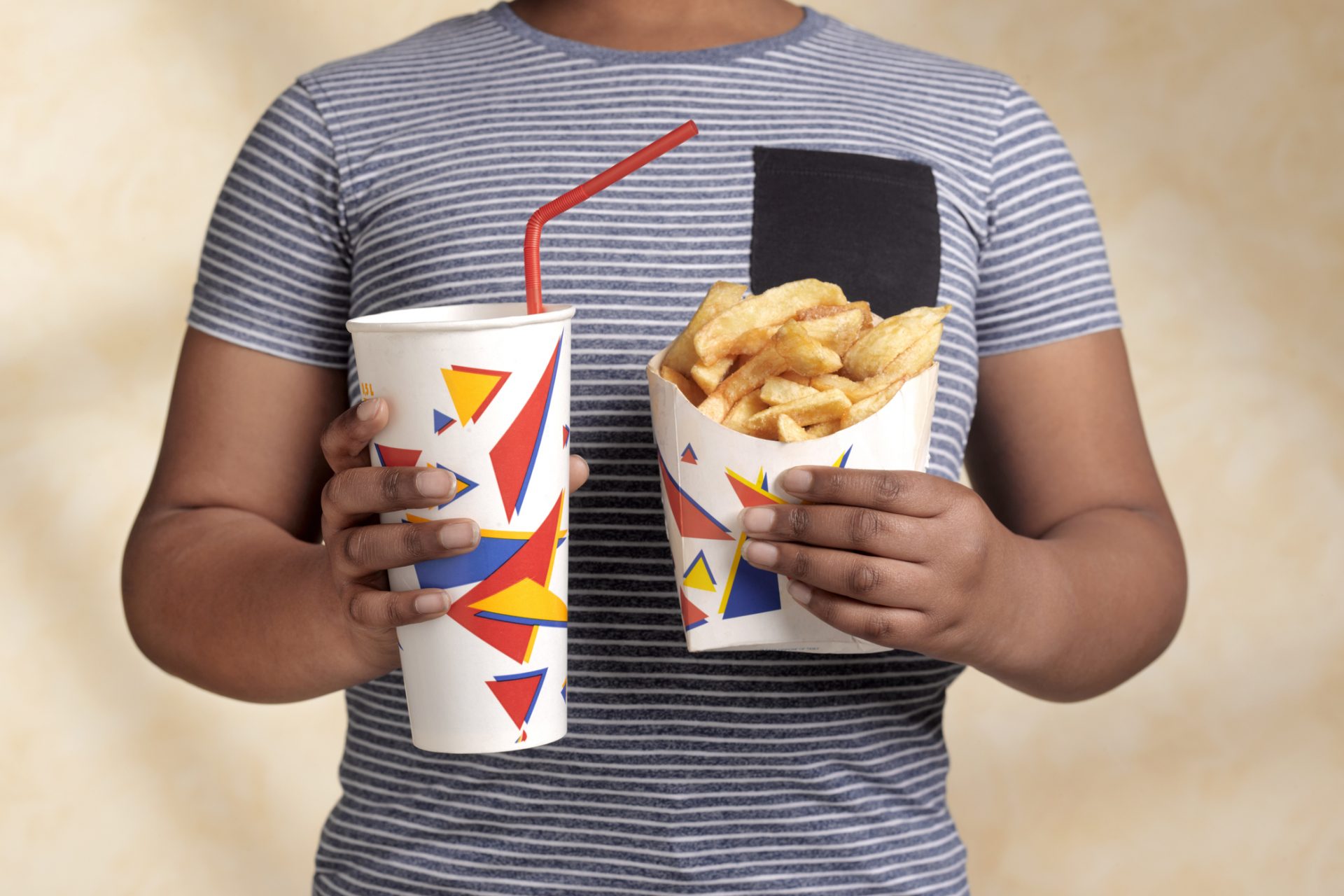Even eating healthy might not be enough to help diabetics
Eating healthy might not be enough to make a difference for those diagnosed with type 2 diabetes if they’re also consuming ultra processed food according to a new study out of Italy that investigated the relationship between what diabetics eat and their mortality.
Type 2 diabetes is a condition that develops when the body starts to have problems with regulating blood sugar levels according to the Mayo Clinic. Too much sugar in the blood long term can cause disorders that affect the circulatory, nervous, and immune systems.
There is no way to cure type 2 diabetes but the Mayo Clinic noted that losing weight and eating healthy can help patients manage the disease. However, eating the right things may not be as helpful as we once thought if diabetics are also eating the wrong things.
Researchers have looked at the detrimental effects ultra processed foods have on type 2 diabetics for the first time and discovered that consuming them substantially increased the risk of mortality even if they were adhering they were eating a healthy diet.
Marialaura Bonaccio is the lead author of the new study as well as an epidemiologist at the Department of Epidemiology and Prevention of the IRCCS Neuromed, and she reported in a press release just how worrying her and her team's findings could be for diabetics.
Following up with people who participated in the Moli-sani Study in Italy between 2005 and 2010 at a 12-year average, Bonaccio and her fellow researchers found that those who ate a diet rich in ultra-processed foods had suffered from a greater risk of death.
Bonaccio explained that “participants reporting a higher consumption of ultra-processed foods had 60% increased risk of dying from any cause, compared to people consuming less of these products,” adding risks for those with cardiovascular disease was worse.
“The risk of mortality from cardiovascular diseases, which is a leading cause of death for people with diabetes, was more than doubled,” Bonaccio said in a press release on the new research.
One of the most interesting findings of the research according to study co-author Licia Lacoviello was that even if diabetics were adhering to a Mediterranean Diet they were still suffering the same risks of mortality if they were also consuming ultra-processed foods.
Lacoviello suggested the study revealed our solutions to treating type 2 diabetes like the “healthful Mediterranean Diet” might not be as effective as we once thought if the share of food being eaten by an individual is composed of mostly ultra-processed foods.
These findings have important outcomes for the future of dietary guidelines according to another one of the study’s co-authors Giovanni de Gaetano, who explained that healthy diets should be prescribed to patients with instructions to limit processed food intake.
“In addition to the adoption of a diet based on well-known nutritional requirements, dietary recommendations should also suggest limiting the consumption of ultra-processed foods as much as possible,” de Gaetano explained.
“In this context, and not only for people with diabetes, the front-of-pack nutrition labels should also include information on the degree of food processing,” the researcher added.
The Moli-sani Study began in March 2005 and recruited 25,000 people in the Molise region with the aim of learning more about the factors that caused cancer, cardiovascular disease, and degenerative diseases according to a press release on the new study.
Ultra-processed food was defined as anything that had undergone intense processing with ingredients not normally found in a kitchen such as foods that contained additives, colorings, preservatives, or anything else designed to help enhance the flavor of the foods.
A few examples provided were packaged snacks and sugary drinks, as well as other foods people might assume were healthy like crackers, fruit yogurts, and breakfast cereals.
“We were somewhat surprised by the magnitude of the risks associated with an elevated ultra-processed food intake,” Bonaccio told Healthline. “This is huge.”
More for you
Top Stories



